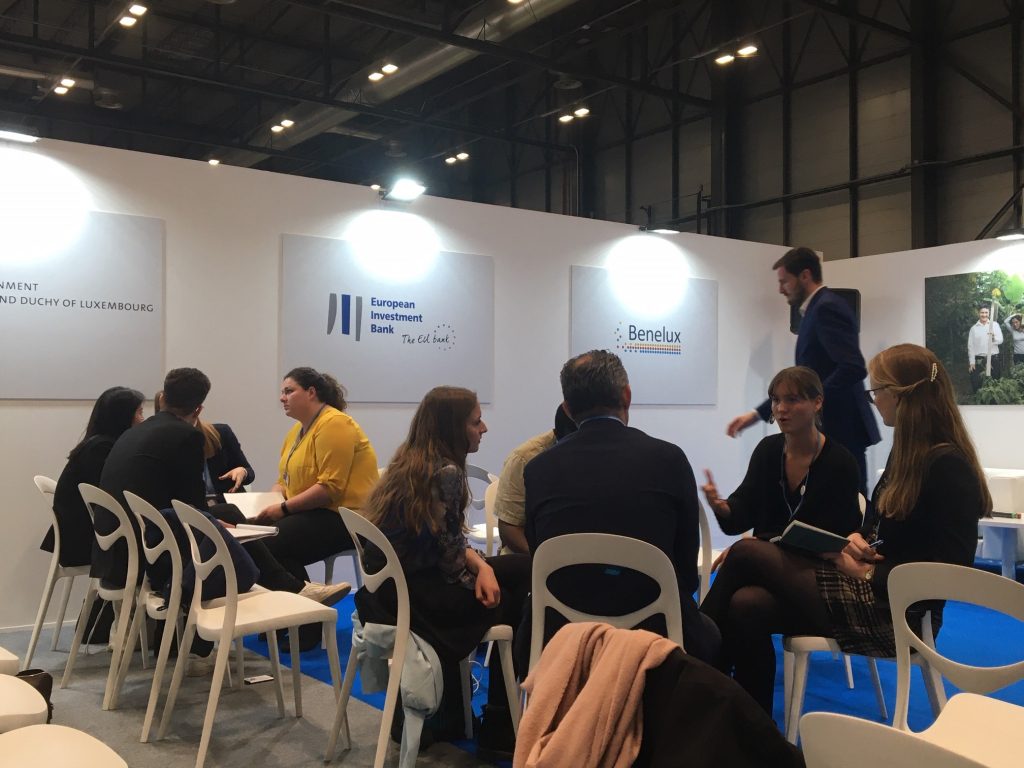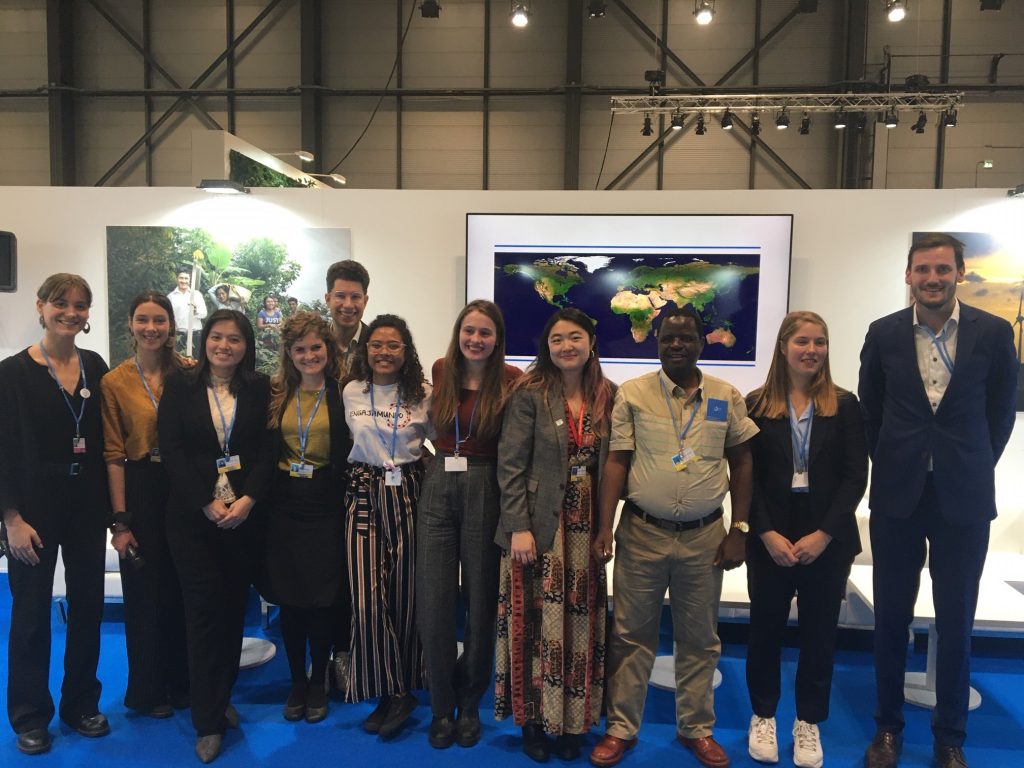Climate conference COP25 is taking place in Madrid until Saturday 14 December. The challenges are immense: the urgency of climate change is being felt more and more, but we are nowhere near peaking our worldwide carbon emissions. Increasingly, young people around the globe are no longer accepting this lack of action. They want more ambitious climate policies and they want to participate in designing them. During a workshop at COP25 we shared our Dutch experiences with participants from other countries and invited them to share their experiences with us.
“Youths are the primary reason I still have hope that we can solve the climate issue,” stated Kitty van der Heijden, Director-General International Collaboration of the Dutch Ministry of Foreign Affairs. “We have five more years to change our course and limit global warming to 1.5 degrees Celsius. My generation will not bring the necessary change.” Meaningful youth participation is thus crucial.
Worldwide, we see youths asking for more ambition and more action. Climate marches are organised globally on a weekly basis. The most important question is how we can harness youth activism and let young people contribute to formal policy and decision making in a meaningful and effective way.
YES-DC as an example
The Netherlands has several examples of how to attain meaningful youth participation, among others YES-DC. “YES-DC stimulates multidisciplinary problem-solving through knowledge sharing and community building among our members,” explains Gabriëlle Smith, YES-DC board member. “These skills are crucial in understanding the complex issues and mitigating climate change.” Other Dutch examples are the Youth Climate Movement, the Climate and Energy Association, and the Youth Representatives Sustainable Development. Additionally, initiatives from Switzerland, Brazil, Kenya, and Taiwan were presented.
“We need to find a way to structurally involve youths on both the national and international level. Symbolically inviting youth representatives is not enough, our contributions must focus on content,” said Eefke van de Wouw, UN Youth Representative Sustainable Development for the Netherlands. “It’s up to us as youths to show policymakers how to do so.”
“We Need the Youth of Today for the Future of Tomorrow”
“The political polarisation that we observe can be diminished by youths who unite for one mutual incentive: Their future,” mentioned Tim Damon (US). Evelyn Hsiao-Chien Chou (Taiwan) added: “Youth organisations can collaborate much more and inspire and help each other, both nationally and internationally. We are a technologically-gifted generation and have amazing information-processing skills that we can use to contribute.”
Or, like Zachary Makanya (Kenya) summarised: “We need the youth of today for the future of tomorrow!”
More Information
The lessons learned from seven Dutch youth organisations are summarised in this publication. In this video the organisations introduce themselves



